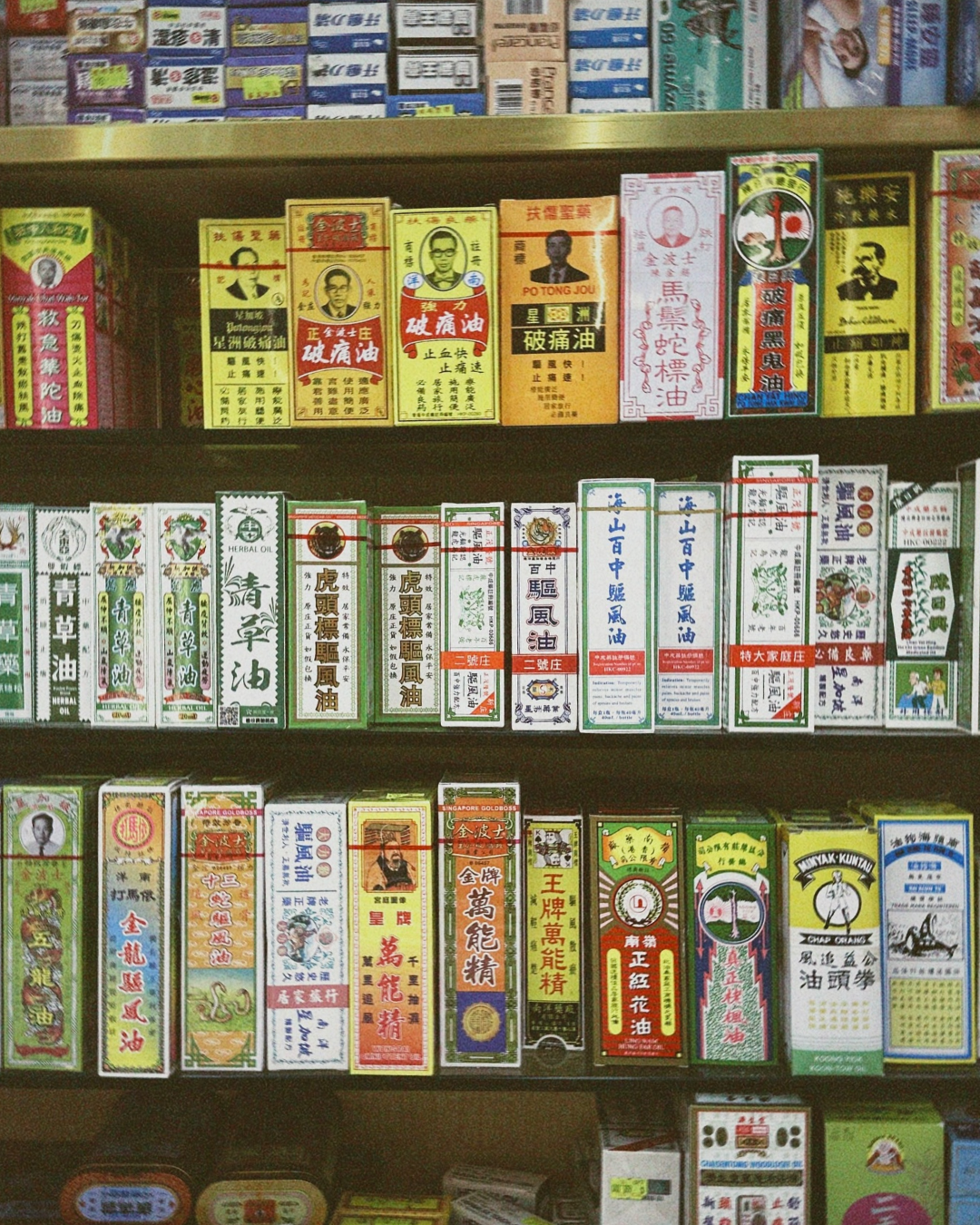
What will duty free be like in the age of tariffs? China focuses on in transit shopping
For some, the travel experience doesn’t begin only upon arrival at the destination, but already at the airport, where shopping opportunities have become elevated and tailor-made for travelers willing to spend (a lot and wisely). For the aspirational market segment and for VICs (Very Important Customers), the airport now represents something close to a shopping oasis, especially thanks to the duty-free areas. As the name suggests, airport shopping should be exempt from customs duties: for this reason, highly taxed goods – such as alcohol and tobacco, but also luxury products – are sold at significantly lower prices than their regular retail price outside the airport walls. However, in a world where the word “tariff” may have become the year’s most repeated refrain – not just in the fashion sector – how will the duty-free experience be reshaped? Already by the end of 2024, in a pre-Liberation Day context, various reports were pointing to a rapid growth in the travel retail sector, also driven by the growing preference for experiential investments, such as travel, over traditional forms of luxury. Despite China being one of the countries most affected by the protectionist policies introduced by Trump, the nation is now trying to rewrite its post-tariff economy starting precisely from travel retail.
@glowwithava this chinese lady at duty free and i chatted so much about skincare hahaha. i didnt get but loved learning about this cream #luxuryskincare #bestdeals #dutyfree #skincarefinds #iykyk original sound - AVA
According to an analysis by JingDaily, a key factor driving this momentum is that travel retail, and duty-free in particular, operates outside the scope of tariffs. In a context marked by geopolitical uncertainty and a reorganization of global supply chains, this channel is rapidly becoming a strategic asset for luxury brands looking to reach price-sensitive consumers without compromising margins or brand equity. 2024 marked a turning point for the travel sector: according to the Skift Travel Health Index, global tourism activity increased by 10% year-over-year, exceeding pre-pandemic levels by 13%. Entering 2025, travel confidence remains high across key emerging markets: China leads with 88% of respondents expressing a strong intention to travel, followed by India (82%), Germany (70%) and the UK (67%). In the United States, although lower (54%), travel confidence is showing signs of recovery. This renewed optimism directly impacts passenger traffic and sales: Airports Council International estimates that global traffic in 2024 will surpass pre-pandemic levels, reaching 9.5 billion passengers, or 104% of 2019 levels. The international segment is recovering the fastest. Dufry Group, one of the world’s leading travel retail players, reported a 12% increase in Q4 2024 sales, largely driven by increased spend per passenger, particularly in Asia and the Middle East.
duty free gives me happiness no one could ever give
— (@strwbryoatmeal) April 30, 2025
In an effort to offset the economic impact of the trade war with the United States, China is reshaping its tourism strategy with a pragmatic and consumption-oriented approach. As JingDaily also reports, one of the key tools in this repositioning is the tax return system for foreign visitors, which has recently undergone a major update. The minimum spending threshold to access the VAT refund has been lowered from 500 to 200 RMB, making the benefit much more accessible even for mid-range purchases. At the same time, the government raised the maximum cash rebate limit to 20,000 RMB (around $2,745), expanded the list of participating retailers, and simplified bureaucratic procedures to encourage wider and more immediate usage of the service. The measures, jointly announced by the Ministry of Finance and the People’s Bank of China, are part of a broader plan to revive domestic consumption, with foreign tourists positioned as strategic actors. China isn’t merely aiming to bring international visitors back within its borders — it wants them to spend, and to do so smartly and advantageously, leveraging a tax system that’s increasingly competitive compared to other Asian destinations (years ahead of countries like Japan for fashion tourism). In short, Beijing is betting on the idea that if goods don’t reach the consumer, the consumer can reach the brands. The shopping experience, then, is no longer just a travel bonus — it becomes an active lever to support national economic growth and push back against the economic war set in motion by the U.S. government.














































